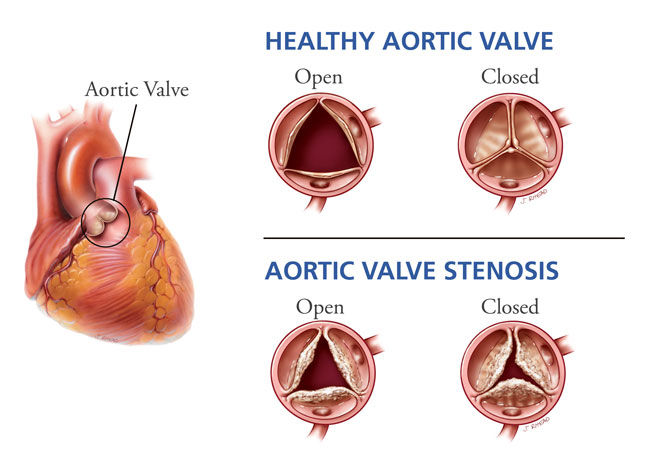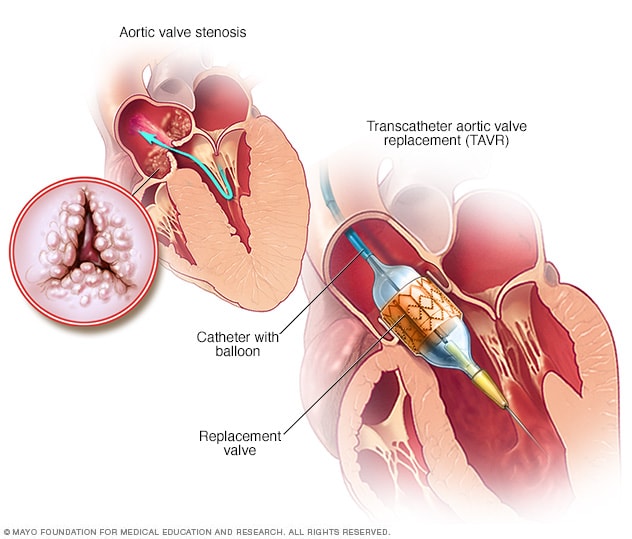Nov 14, 2023
Successful Minimally Invasive Intervention for Severe Aortic Stenosis Saves a Life - TAVR
In a groundbreaking medical intervention, a patient from Congo has successfully undergone a minimally invasive cardiac procedure to address severe aortic stenosis, a life-threatening condition. The patient, named Roger, had been experiencing breathing difficulties for the past six months to a year, with a significant worsening of symptoms in the last 1.5 months.
Dr. Ranjan Modi, Senior Consultant, Interventional Cardiology, Sarvodaya Hospital, Sec 8, Faridabad, leading the medical team, diagnosed Roger with severe aortic stenosis, a condition characterized by the narrowing of the aortic valve. If left untreated, this condition could have led to heart failure. Typically affecting individuals over 60 years old, aortic stenosis is an age-related disease that progressively restricts blood flow, putting immense strain on the heart.

To address this critical situation, a team of cardiac experts conducted a Transcatheter Aortic Valve Replacement (TAVR) procedure, a minimally invasive alternative to open-heart surgery. The procedure, also known as Transcatheter Aortic Valve Implantation (TAVI), took approximately 30 minutes to an hour, ensuring a swift and effective solution to Roger's condition. In this procedure, a small catheter is used to deliver the valve at the desired site through a small, minimally invasive incision in the groin. This prevents the need for an open heart surgery.
"Early intervention is crucial in cases of severe aortic stenosis," emphasized Dr. Amit Kumar, Associate Director - Interventional Cardiology, Sarvodaya Hospital, Sec 8, Faridabad. "The TAVR procedure was promptly performed to prevent further deterioration of the patient's health. Guidelines suggest that even at the early stages of severe stenosis, evaluation and intervention should be prioritized."
The TAVR procedure involves a specialized team of cardiologists, cardiac surgeons, cardiac anesthetists, technicians, and nursing staff, ensuring a comprehensive and precise approach. Notably, the intervention boasts advantages such as avoiding open-heart surgery, a shorter hospital stay, and faster recovery, allowing patients to resume normal activities within days.
Post-procedure, Roger was shifted to the ICU for two days, followed by a day in a regular room before being discharged. His rapid recovery highlights the efficacy of TAVR in restoring patients to their routine activities within a short time frame.
Dr. Modi emphasized, "The goal is to enable patients to lead normal lives as swiftly as possible. TAVR not only circumvents the need for open-heart surgery but also ensures a quicker return to regular activities with lesser chances of infection and reduced post-operative pain."
This medical triumph signifies a paradigm shift in the treatment of severe aortic stenosis, offering hope and a new lease on life for patients like Roger. The cardiology team encourages individuals experiencing symptoms such as breathing difficulties to seek timely evaluation, as early intervention can be a life-saving measure.




